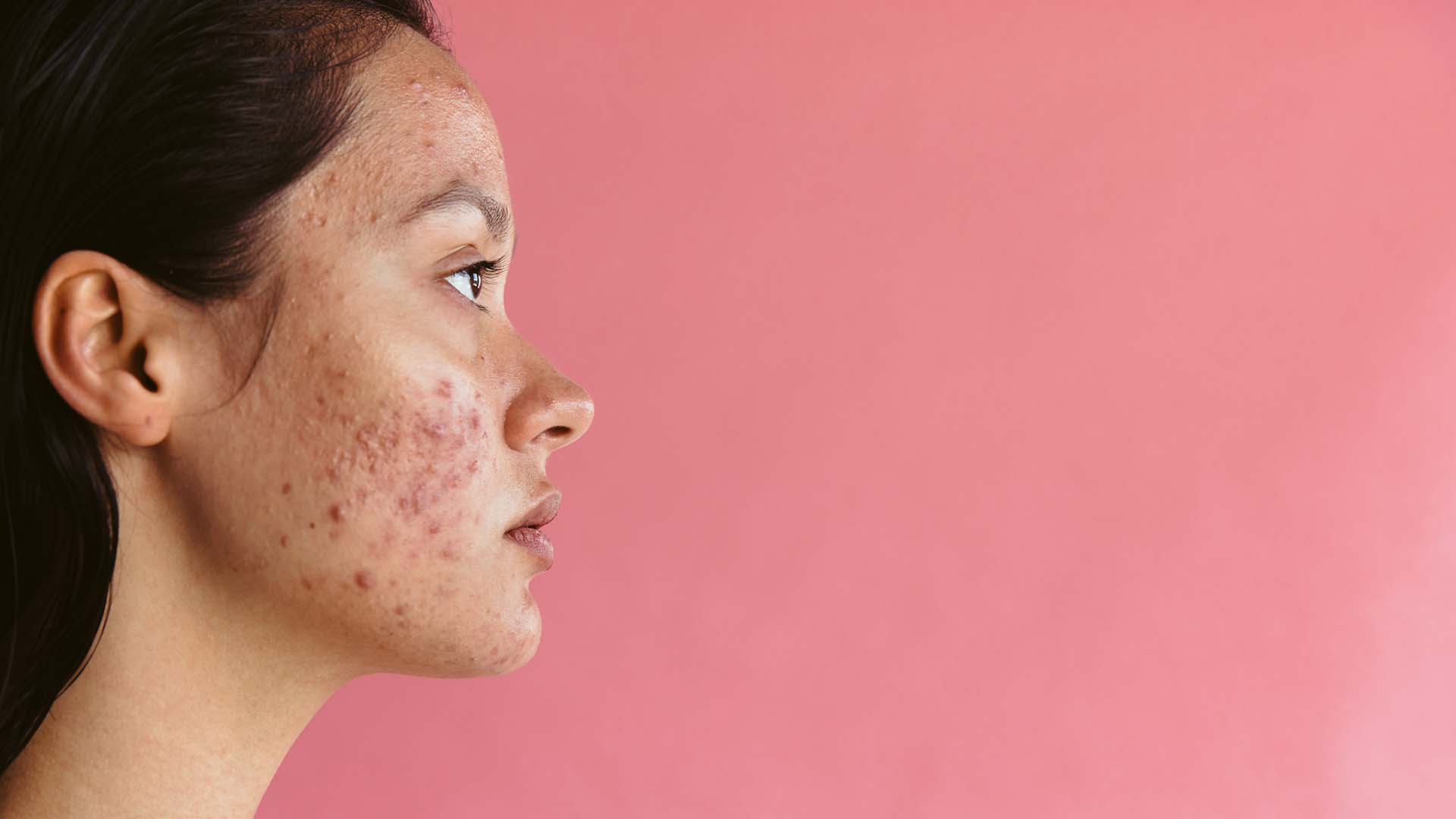When you have a skin condition like acne, having treatment options is a good thing. Everyone’s skin is different. If one treatment isn’t working for you, there are other options that you can switch to, which may offer better results.
When taking any medication for any condition, it can be helpful to know how that medication works. Here, we look at different types of acne medications and how they work to treat acne.
Remember that there is no acne treatment that is best—there’s only the treatment that works best for you. Your healthcare providers will be your best source of information.
Topical acne medications
Acne medications can generally be divided into two broad categories. The first is topical medications, which are medicines that are applied directly to the skin. Different topical medications work in different ways. Examples include:
- Retinoids. Retinoids are medicines derived from vitamin A and have been used to treat acne since the 1970s. Some are available over the counter, others by prescription. Retinoids unclog pores, preventing pimples from forming. Because they can increase the skin’s sensitivity to the sun, a person will need to wear sunscreen (SPF 30 or greater) while using this treatment.
- Benzoyl peroxide. Acne occurs due to an overgrowth of bacteria that lives on the skin (called Cutibacterium acnes). Benzoyl peroxide works by killing these bacteria. It is typically used for mild-to-moderate acne and some varieties are available over the counter, while others are available by prescription.
- Azelaic acid and salicylic acid. Azelaic acid helps reduce bacteria, unclog pores, and reduce inflammation. It may also help treat skin discoloration that sometimes occurs when a person has acne. Salicylic acid helps break down whiteheads and blackheads and prevents pores from clogging.
- Clascoterone. Hormones often play a role in the development of acne, by triggering an increase in sebum, an oily substance released by glands in the skin. Clascoterone is an androgen receptor inhibitor, which blocks the hormonal activity that causes acne. A topical medication that contains clascoterone became available in 2020.
- Topical antibiotics. These medications also work by controlling the growth of acne-causing bacteria and helping to reduce inflammation in the skin. Topical antibiotics are typically used in combination with other medications.
Oral acne medications
Oral acne medications are taken as pills. These are also known as systemic therapies—taking a drug in pill form means that it reaches all of the body’s systems, not only the skin.
Oral antibiotics are one example. Like topical antibiotics, oral antibiotics work by killing off the Cutibacterium acnes bacteria. These are typically used when topical therapies haven’t worked well enough. They are used in combination with non-antibiotic topical medications and are used for limited periods of time. Oral antibiotics can also cause side effects (like GI problems and yeast infections).
Hormone therapy is another example. As mentioned above, hormone levels can cause and contribute to acne. For females who have acne, being on certain types of hormonal birth control can regulate hormone levels and help clear up skin. However, other types of hormonal birth control can worsen acne—another reason to consult with a healthcare provider when starting any medication.
Isotretinoin is a powerful oral medication used to treat severe acne. Compared to the other medications described here, the risk of severe side effects is much greater. Anyone who has the potential to get pregnant must receive counseling before beginning treatment with this medication due to the risk of birth defects.
Choosing a medication
The choice of medication will depend on the severity of acne—whether acne is causing pimples close to the surface of the skin, or deeper lesions that have a greater potential to cause scarring. The choice of medication will also depend on a person’s age and overall health.
Your healthcare providers can advise you on what medications are appropriate for the type of acne you have, what side effects and risks you need to be aware of, and how long you will need to use a medication before you see results.






